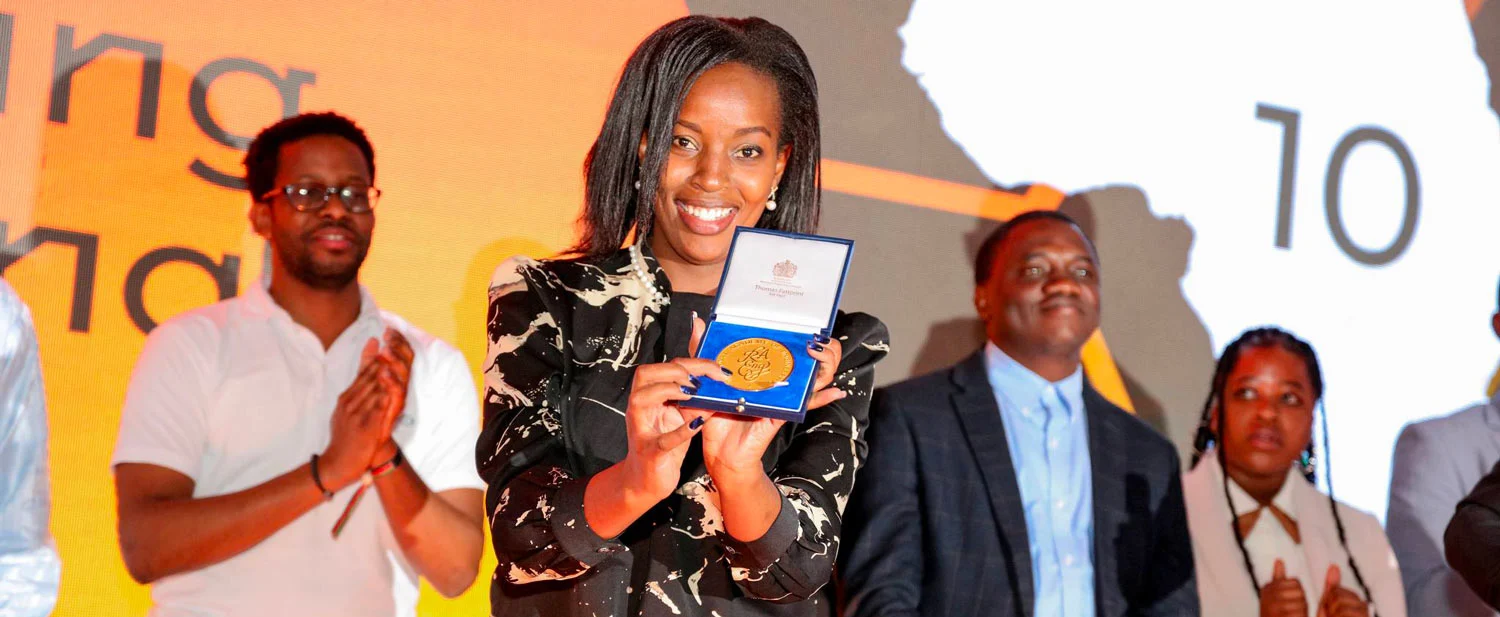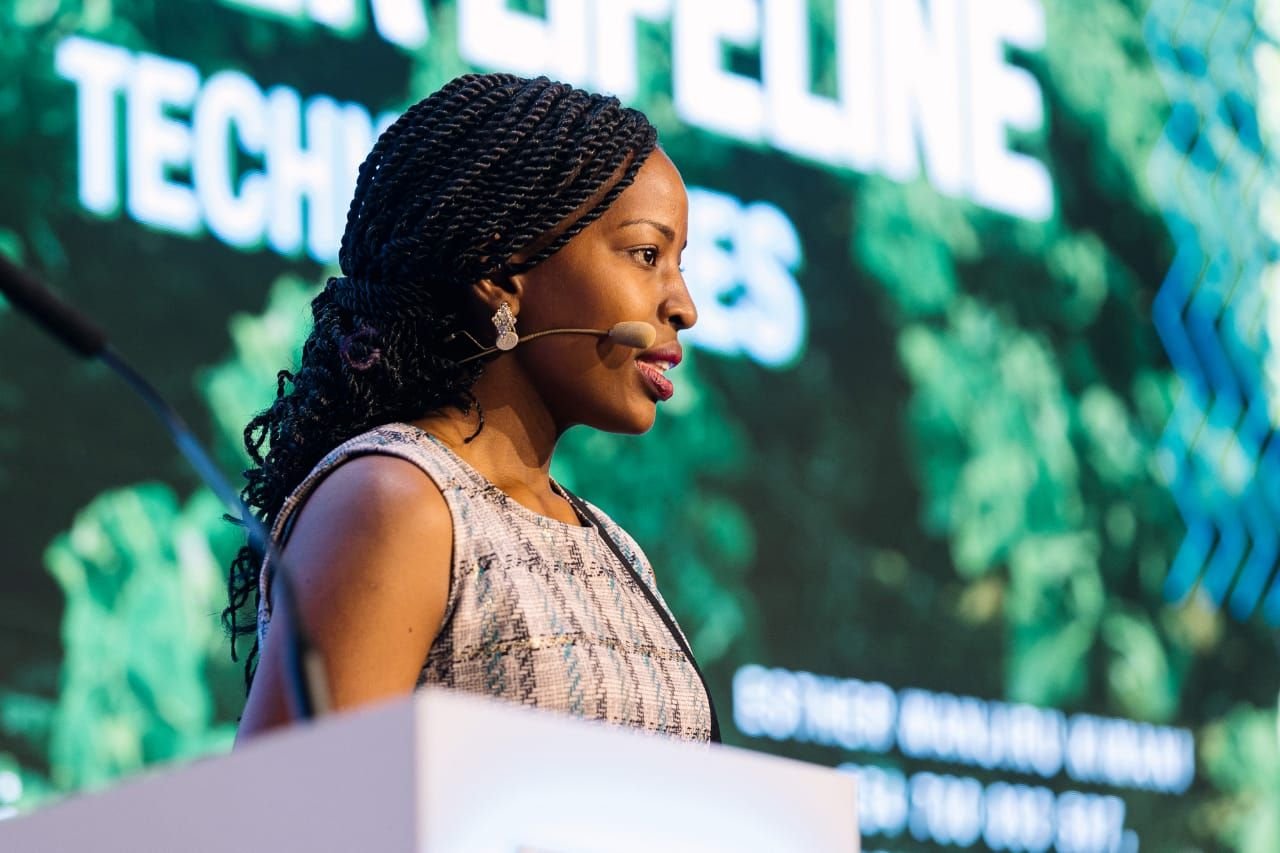Founder Magazine: Esther, thank you for joining us. To begin, could you tell us about your background and how you became an entrepreneur?
Esther Kimani: Thank you for having me. I am an agritech innovator from Kenya and the founder of Farmer Lifeline Technologies. Growing up, I saw how smallholder farmers—many of whom were women—struggled with pests and diseases destroying their crops. This not only meant food insecurity but also poverty. I wanted to create a solution that uses technology to protect crops before it’s too late.
About the Startup
Q1. What is Farmer Lifeline Technologies and what problem are you solving?
A: Farmer Lifeline Technologies is an agritech startup that leverages artificial intelligence and machine learning to help farmers detect crop pests and diseases early. Our solution is a solar-powered device that scans crops and alerts farmers through SMS when there’s a potential threat, along with advice on treatment. We are solving the problem of late detection, which causes huge post-harvest losses in Africa.
Q2. How does the technology work in practice?
A: The device is placed in the field and uses AI-powered imaging to monitor the crops. If pests or diseases are detected, the farmer receives a message in their local language with a diagnosis and recommended solutions. The system also provides aggregated data to help track pest outbreaks regionally.
Q3. What inspired you to build this technology?
A: My family relied on farming, and I saw firsthand how devastating it was to lose an entire harvest to pests. I realized that with the power of AI and affordable devices, we could give farmers the same tools that big commercial farms have—but at a scale and cost that works for smallholders.
 Journey as a Founder
Journey as a Founder
Q4. What challenges did you face when building Farmer Lifeline Technologies?
A: Access to funding was a major challenge. As a young woman founder in tech, it was hard to convince investors at first. Building hardware also requires a lot of prototyping, which is expensive. Another challenge was ensuring our devices could work in remote areas with no electricity—so we designed them to be solar-powered.
Q5. What milestones are you most proud of so far?
A: We’ve deployed our devices with hundreds of farmers across Kenya and seen yield losses reduced significantly. Winning recognition from innovation competitions like the Africa Prize for Engineering Innovation has also helped us gain credibility and support. But the biggest milestone is seeing farmers smiling at harvest time because their crops survived.
Q6. Where do you see your company in the next five years?
A: We plan to expand across East Africa and eventually the entire continent. Our goal is to equip millions of smallholder farmers with this technology and contribute to food security across Africa. We also want to develop predictive analytics to help governments and NGOs act early against regional pest outbreaks.
 Advice & Insights
Advice & Insights
Q7. What advice would you give to aspiring founders in Africa?
A: Build with empathy. Spend time with the people you want to serve and design solutions around their reality, not just what looks good on paper. Also, don’t be afraid to start small—every big innovation begins with a first prototype.
Q8. What motivates you to keep going despite the obstacles?
A: The farmers. When a farmer tells me that our device saved their maize crop, that’s all the motivation I need. Knowing that our technology is helping feed families is the greatest reward.

